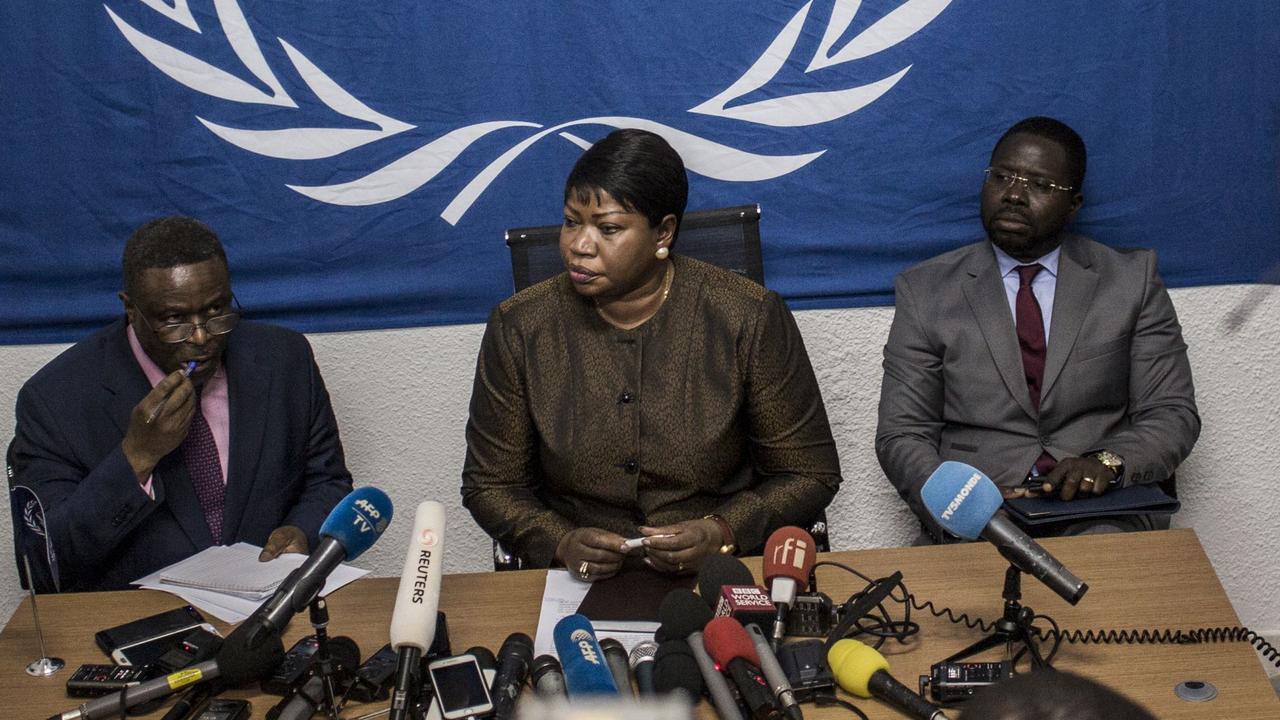On Saturday morning AEDT, the International Criminal Court delivered its first judgment in what will be a decades-long process of prosecution of Israeli leaders for alleged war crimes. The court decision in the case labelled the “Situation in Palestine” is predictable and is primarily political. Its circular reasoning and extensive reliance on UN General Assembly resolutions for judicial authority confirm the court’s role as a UN political body.
The ICC Pre-Trial Chamber decided it has jurisdiction over Israel and can prosecute Israeli national and local political and military figures. Successful prosecutions will result in sentencing them to jail terms in The Hague. In lawfare, where geostrategic conflicts play out using the rhetoric of UN laws, the ICC can be a potent weapon. The substance of the judgment deals with two issues: the statehood of Palestine and territorial boundaries of the “State of Palestine”. The Pre-Trial Chamber decided the “state of Palestine” is a fully fledged state for the purposes of the ICC. It also decided the disputed boundaries between Palestine and Israel.
Due to doubt as to the court’s legal authority over Israel’s government and defence forces, ICC prosecutor Fatou Bensouda requested in January 2020 that the ICC Pre-Trial Chamber confirm her jurisdiction to prosecute. In preparation of the case against Israel, the prosecutor collaborated closely with the Palestinian Authority and NGOs. Her request was procedural, looking for covering legal fire in a political attack manoeuvre.
Read the article by Prof Greg Rose in The Australian.

